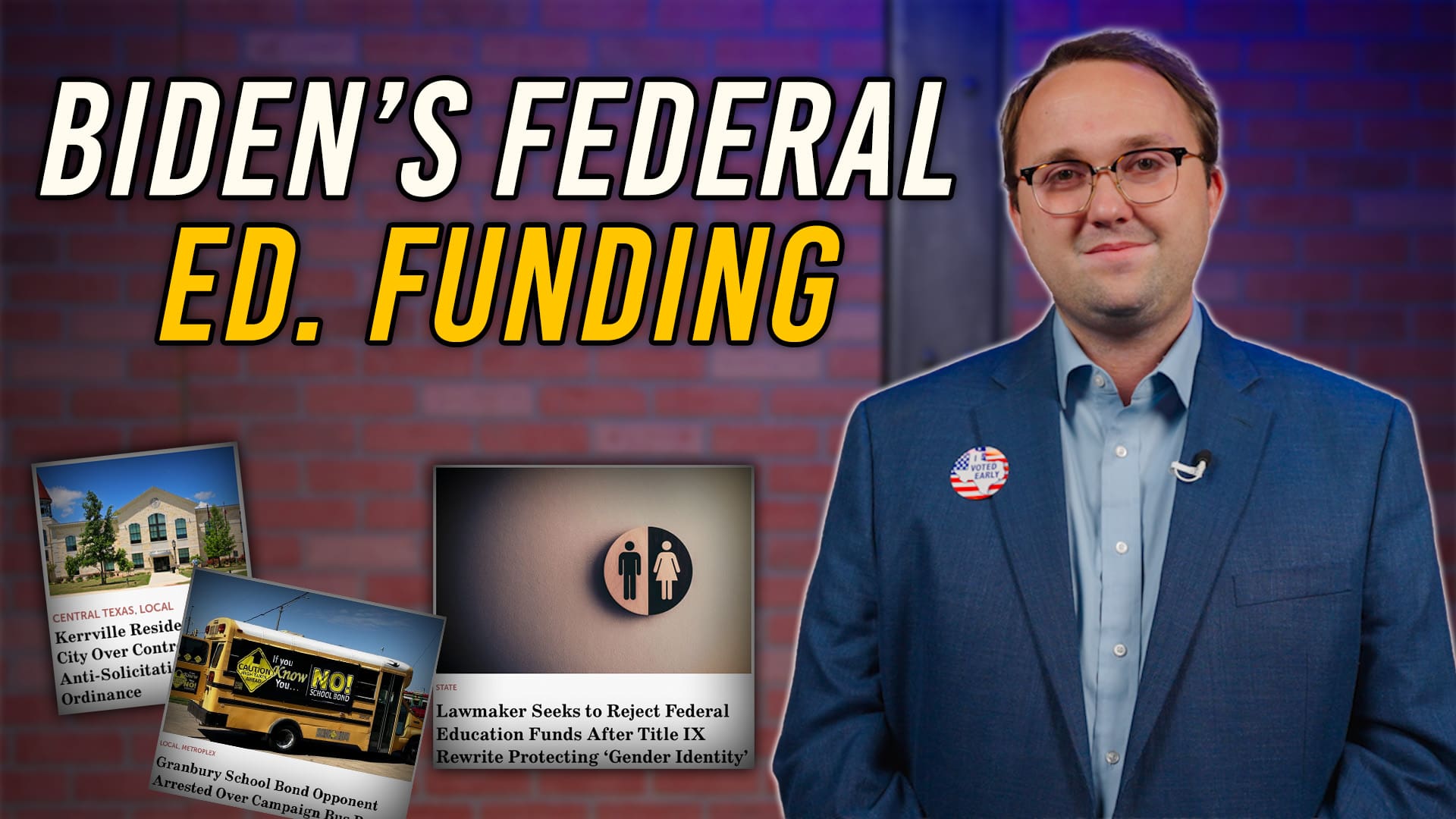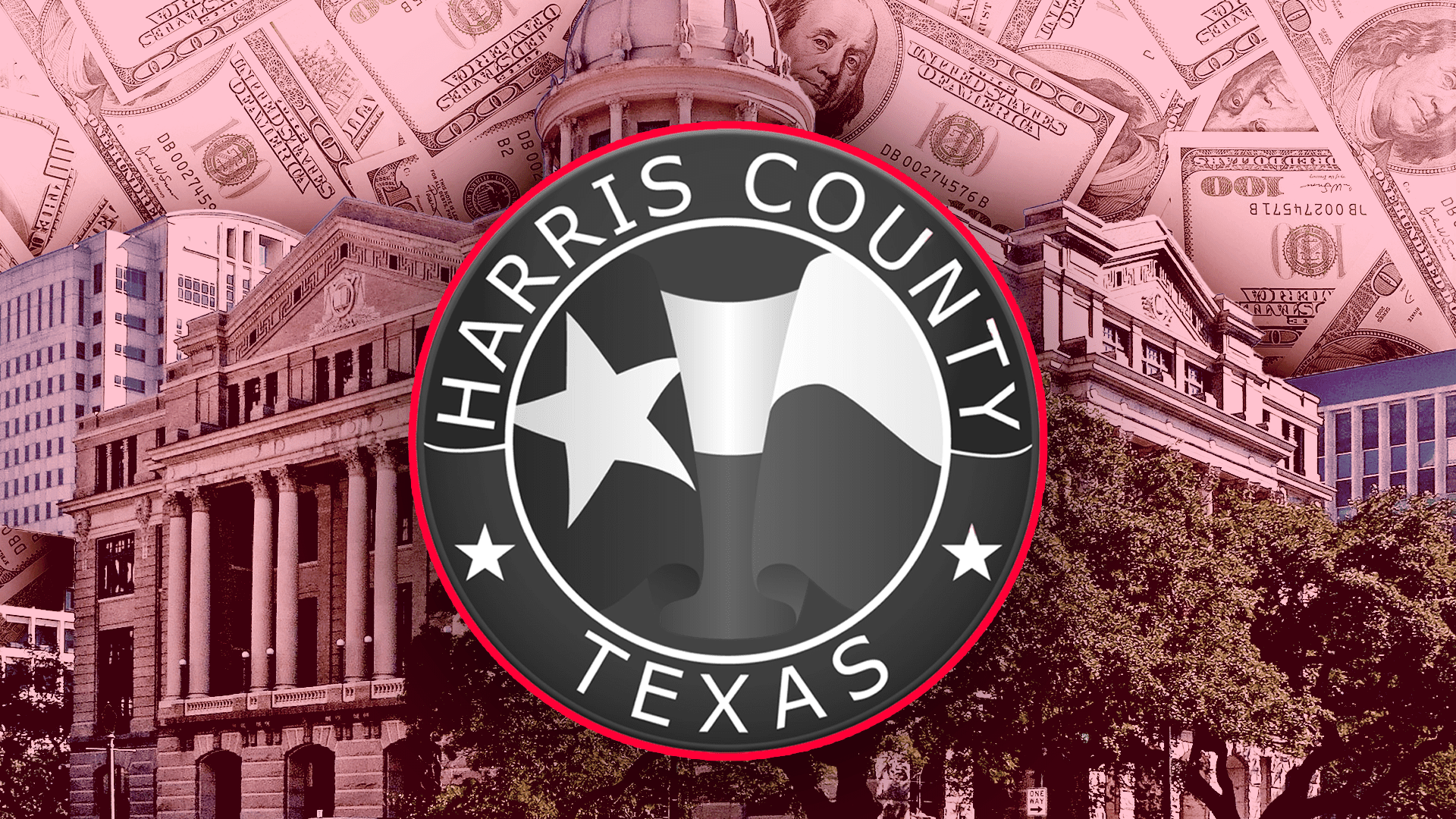In a blow to Dallas’ failing bus bureaucracy, the struggling agency’s biggest customer Dallas Independent School District signaled support for a plan to shut it down.
Dallas ISD Superintendent Michael Hinojosa and Dallas ISD Trustee Edwin Flores testified before the Senate Education Committee on Tuesday that Dallas County Schools – a bus transportation agency that services Dallas and nine other North Texas school districts – should be abolished in favor of safer, more reliable and financially-stable options.
That’s the purpose of Senate Bill 1122 introduced by State Sen. Don Huffines (R-Dallas) to wind down the financially-troubled and scandal-plagued agency and pay off its debt.
“This is really about an unaccountable bureaucracy gone wild, period,” Flores said while testifying in favor of the bill to shut down DCS. He cited the bureaucracy’s dismal 68 percent on-time performance rate and escalating per-student cost.
“Fort Worth ISD’s cost per student for transportation is $285 today. There is no reason Dallas ISD should be paying $1,654 per student to transport our kids,” Flores said. “This is crazy. This is a monopoly that is unaccountable to everybody. And it’s essential that we close it.”
Flores spoke for himself, not the entire DISD board, which hasn’t yet taken a position on the bill. In February DISD trustees voted to extend the district’s busing contract with DCS for 17 months while they seek proposals from other vendors. Existing board policy names DCS as DISD’s preferred bus vendor, meaning bus services are never put out for competitive bid.
Hinojosa agreed with Flores that the agency’s busing prices are out of control. He said the district’s cost per student has gone from $800 to $1,600 over four years under DCS. He believes the district can break even operating under the terms of the revised bill, which DISD’s administration supports.
Huffines updated SB 1122 to take into account school districts’ concerns about securing alternate bus transportation services. In current form, it allows DCS to operate through the 2017-2018 school year and distributes the agency’s buses and facilities among the participating districts.
When he announced his wind-down plan in March, Huffines called DCS “an outdated, unnecessary bureaucracy that is dangerous for students and a rip off for Dallas County taxpayers.”
At Tuesday’s committee hearing, Huffines recounted the agency’s track record of unsafe, unreliable transportation and financial mismanagement that prompted his bill to abolish it. That record includes students being dropped off late a third of the time; drivers receiving hundreds of red light tickets, endangering students and costing Dallas County taxpayers $80,000 in traffic fines; a $40 million budget shortfall; an ill-conceived $50 million school bus stop-arm ticketing program that’s millions behind revenue projections; over $70 million in taxpayer-backed bond debt; and a recent bailout effort in the form of a bond restructuring deal that added another $14 million to that debt.
Huffines added that post-shutdown, the agency’s current clients would be able to operate like the 45 percent of school districts in Dallas County that don’t use DCS, that is, provide bus service in-house or use other vendors. In the past two months, two districts – Weatherford and Coppell – have already decided to fire DCS, canceling their bus service agreements with it ahead of schedule.
Acting DCS superintendent Leatha Mullins showed up at the committee hearing to defend her embattled agency. She drew sharp questions from a frustrated State Sen. Royce West (D-Dallas), a frequent critic of DCS mismanagement, who at one point asked Mullins to “give us one good reason why we should allow this agency to continue to operate.”
Mullins responded that she had been “addressing the issues that have been brought to our attention,” but Royce and other legislators remained skeptical.
Mullins has been temporarily in charge of the agency since former Superintendent Rick Sorrells was forced to resign last month over the agency’s mounting financial and operational scandals. The DCS board is meeting on April 13 to select an Interim Superintendent.
Several more DCS bureaucrats also testified against the effort to eliminate their employer, claiming the agency is “financially solvent” and its costs are competitive. Yet they frequently failed to answer direct questions about the agency’s finances, exasperating committee members.
DCS auditor Phil King told the senators that more information would be available at the agency’s next board meeting on April 18.
NBC5 reports that DCS has spent around $1 million of taxpayer money on lobbyists and legislative consultants over the past two years. That fact alone should offend Texas taxpayers who are effectively being forced to fund the political protection of a failed agency.





